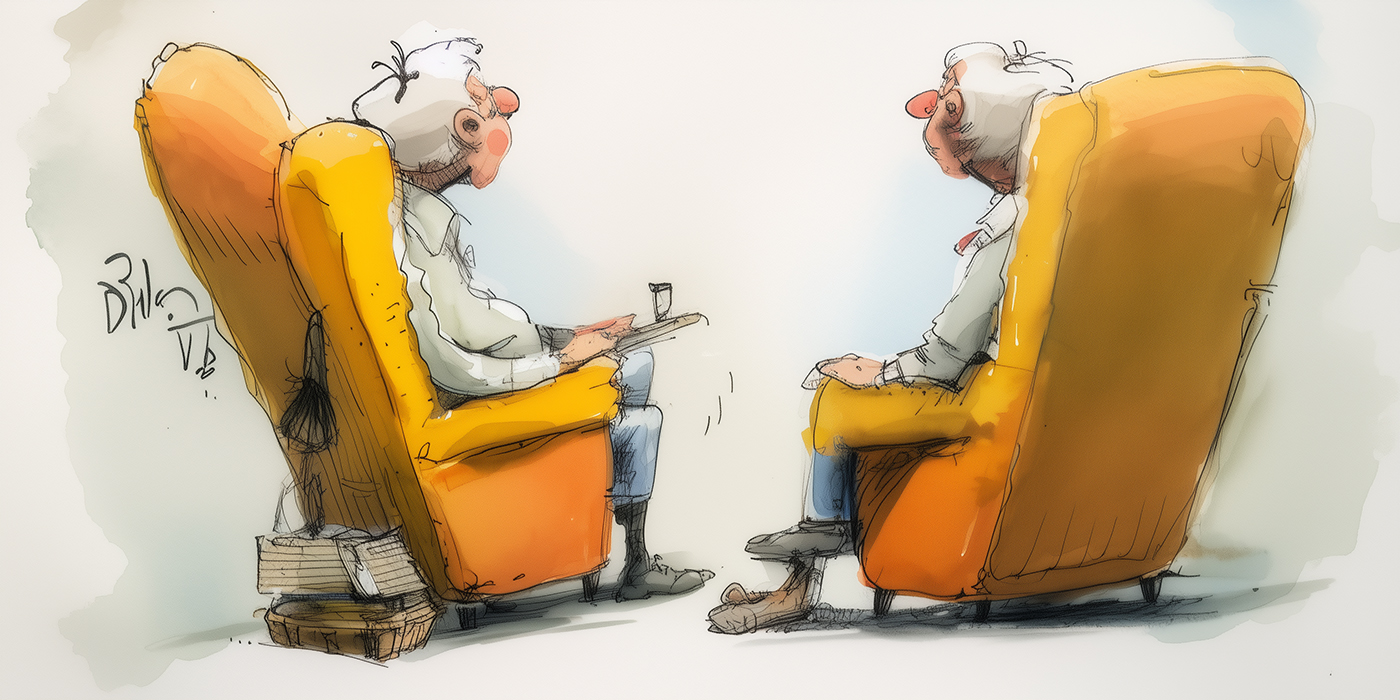When Eddie Rickenbacker’s plane ran out of gas over the Pacific during World War II, he and his crew were in a perilous situation. Adrift on the ocean with three rafts and four oranges, they had to pull together or die.
A pigeon landed on Rickenbacker’s head, he caught it, and the group split it eight ways—leaving just a bit to use for fish bait. When a storm passed by, the group paddled to stay under the clouds so they could collect the rainwater by wringing out their clothes. When one man attempted suicide by starting to fall out of the boat, the others grabbed hold of him and pulled him back in.
In this manner seven of the eight men managed to survive some three weeks on the open sea (one man was lost due to sickness from drinking seawater). This is not a picture of casual acquaintances, but of people who have a bond and rely on each other. Unity.
Bill W. mentions this story in his essay on Tradition One in Twelve Steps and Twelve Traditions, but through the passage of time Rickenbacker’s experiences have fallen out of the public consciousness, and I had to look him up to get the rest of the details.
I am glad I did, because it taught me something about Tradition One. It is about the group. That may seem obvious, but it is an implication of Tradition One that is not mentioned explicitly in the essay: “unity” is the group.
Bill W. frequently makes use of substitutions or synonyms for recurring ideas; here I believe “common welfare” and “unity” are being used not only to represent the fellowship of SA as a whole, but also the local home group. Just like the men in those lifeboats needed cooperation with each other to survive, we need cooperation of the fellowship and of individual members to keep ourselves and the group sober. And make no mistake, that could mean saving some of our own lives as well.
Tradition One aligns closely with Tradition Twelve, in that we place “principles before personalities.” The thing that helps unite us in Tradition One is adherence to spiritual principles. The group (common welfare) is more important than the individual (personalities). Without the group, no one will recover.
We need someone to pass the principles to us, and we need to carry the message on to others to stay sober and for the survival of the fellowship. When we practice Step Twelve, we are keeping ourselves alive for another day. When someone we work with practices Step One or just comes to a meeting, we have another member in our lifeboat helping keep the group afloat. “Personal recovery depends on SA unity.”
Scott N., Kentucky, USA






